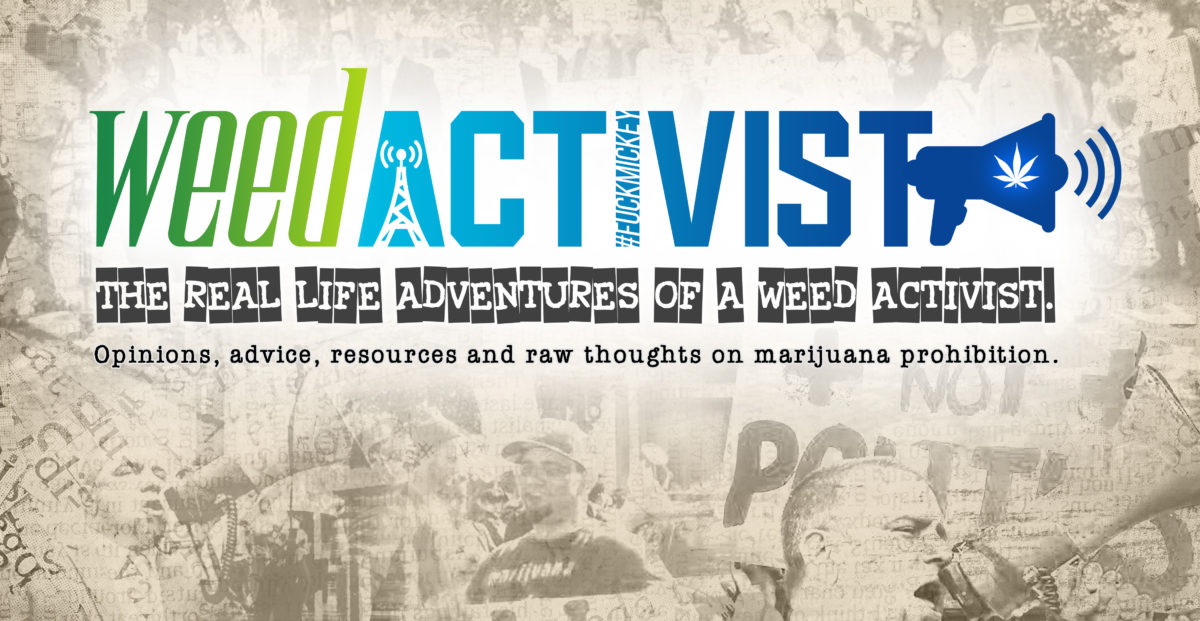Just say yes — to marijuana legalization

From NBC’s Ellie Hall
An unlikely coalition that includes student activists, police officers, and a former Reagan associate deputy attorney general has launched a national campaign to mobilize 2010 and 2012 voters in support of marijuana legalization.
The “Just Say Now” campaign — a joint effort between the Students for Sensible Drug Policy, the group Law Enforcement Against Prohibition and the progressive blog Firedoglake — aims to end what they describe as the federal government’s failed war on marijuana.
“It’s a moral issue,” Jane Hamsher, founder of Firedoglake, said in a conference call yesterday. “It’s been a policy failure at every level.”
The “Just Say Now” organization plans to circulate a petition online and across college campuses asking President Obama to end the federal ban on marijuana. They will then use this petition to target and mobilize supporters in the five states with marijuana initiatives on the ballot this year– Arizona, California, Colorado, Oregon, and South Dakota.
“California is going to turn into a turnout election,” Hamsher said, noting that the ballot initiative has tremendous support among young voters.
Aaron Houston, executive director of Students for Sensible Drug Policy, mentioned that the campaign had received support from Tea Party activists, as well as liberal and libertarian groups. “On the right and left, it’s a very popular issue, and it remains to be seen who will be smart enough to grab it… It’s a win-win-win situation and probably the biggest sleeper issue out there right now.”
He cited nationwide surveys conducted by his grassroots organization and said that if “Just Say Now” can mobilize more young and first-time voters before November, the initiatives could pass in their respective states.
Former Reagan associate deputy general Bruce Fein said that marijuana legalization is another “major initiative to bring our government back in line with the Constitution,” and that states — not the federal government — should have the power to choose how to address this particular issue. Fein stated that the federal government should tax marijuana, but leave the regulation to the states.
“Prohibition isn’t going to end in November,” Hamsher said, adding that they aim to make marijuana legalization an issue in 2012 battleground states. “Young people polled said they’d show up if legalization was on the ballot.”
Houston, who testified last summer before the House Appropriations Committee in support of clearer guidelines on the Department of Justice’s medical marijuana policy, emphasized the importance of educating people about where candidates stand on the issue. “We’re going to send a corps of students out [to follow campaigns] with Flip cameras,” he added, in order to capture footage of congressional and presidential candidates speaking about legalization.
Per NBC’s Pete Williams, state legalization of marijuana would create legal tension with the federal government, as marijuana is a Class-I controlled substance.
